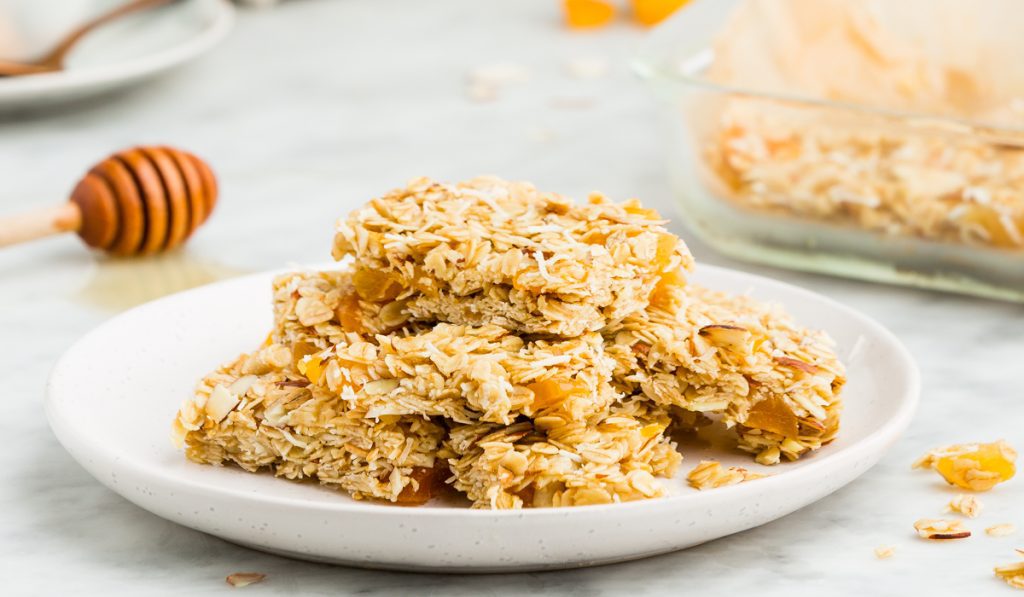Have a read of our nutritionist Kate’s take on sugars – unrefined and refined, what the difference is, and why at Fresh Start we focus on the latter!

Refined sugars, unrefined sugars, artificial sugars, added sugars, natural sugars, free sugars. There are so many labels for sugar, and we hear about sugar all the time in the media. But, what actually is it and what do these different labels mean?
The chemical name of sugar is sucrose – it is a disaccharide, meaning two molecules bound together. The two molecules bound are fructose and glucose. Sugar is harvested primarily from sugar cane and sugar beet plants.
Natural sugars:
Sugars that are naturally present in food – typically in produce like fruit, root vegetables or honey (glucose and fructose) and in milk and dairy products (lactose).
Added or free sugars:
Sugar that has been added as part of the manufacturing process. Think processed foods like cereals, biscuits, soda, chocolate, pastries etc. This also accounts for when sugars are added to foods despite being natural sugars such as honey, syrups, fruit juices and fruit juice concentrates. Note, dairy products such as ice-cream or yoghurt often have both sugars naturally found in the milk (lactose) as well as added sugars in the form of fruit syrups.
Refined and unrefined sugar:
The term ‘refined’ is used to determine how processed a sugar is. Products that have undergone little or no manufacturing tend to be referred to as ‘unrefined’.
Refined simple sugars are empty calories that provide you with little to no nutritional value or feeling of fullness.
They are often added to processed foods to sweeten them and have names ending in -ose, e.g dextrose, fructose and maltose.
Our body processes simple sugars relatively quickly meaning you get a spike in energy due to the quick release of glucose into the blood and then an energy low once that’s been used up. These sugars don’t leave you feeling satiated.
Naturally occuring simple sugars (such as those in dairy or fruit) are an exception to this, as the whole food has fibre and other nutrients, which means your body has to work to breakdown the whole food before the sugar is released.
These additional components slow down the digestion process for your body, meaning you get less of an energy spike and more of a gradual release. Lactose is a naturally occurring simple sugar found in dairy-based products, and fructose is one found in fruits.
Unrefined sugar has not undergone a manufacturing process, so has some nutritional value, such as honey having some calcium and magnesium. Unrefined sugars should still be consumed mindfully however and not be viewed as a good source of micronutrients.
So when we see #refinedsugarfree it does not automatically mean the product is therefore ‘healthy’, rather a natural or unrefined sugar has been used. Here at Fresh Start we not only focus on using solely unrefined sugars, but also minimal amounts of sugar too.
Common examples of unrefined sweeteners:
- Honey
- Pure maple syrup
- Dried fruit
- Date paste








